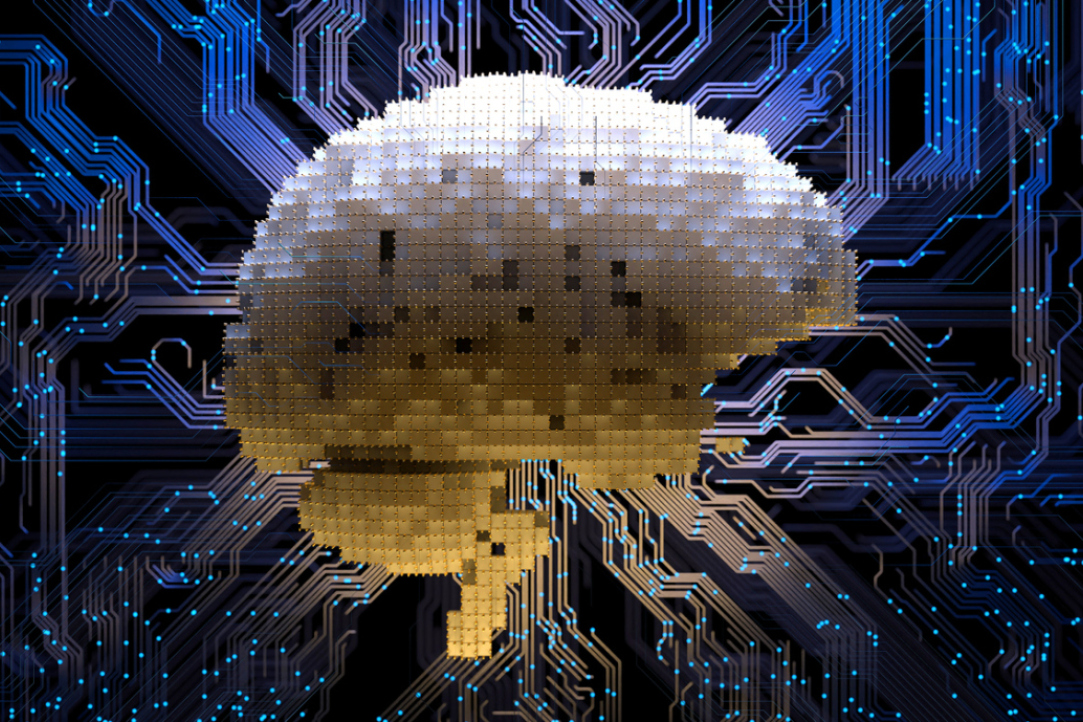‘Like Electricity, AI Can Bring Incredible Benefits’

Developments in the field of artificial intelligence are gradually taking over the world. AI has the potential to bring incredible benefits to the global economy and our quality of life, but it also creates new challenges. Panos Pardalos, Professor at the University of Florida, Academic Supervisor of the Laboratory of Algorithms and Technologies for Networks Analysis (Nizhny Novgorod), covered these issues, along with other related topics, in his recent report.
Panos Pardalos presented a report on artificial Intelligence for economics and finance, with Fuad Aleskerov, Director of the International Centre of Decision Choice and Analysis, moderating the event. Professor Pardalos compared the invention of artificial intelligence to the invention of electricity.

Panos Pardalos
‘Technology helps us to expand our capabilities and boundaries, allowing us to overcome our biological constraints. In recent years, we have been talking a lot about the augmented reality machine interface, and artificial intelligence performs cognitive actions similar to human ones — learning, understanding, reasoning and interaction. Therefore, I think it's better to call it added or augmented intelligence. This is a new field, a tool that, whether we like it or not, has the same effect on us as electricity did when it was discovered. Like electricity, which has transformed every aspect of our lives, AI can bring incredible benefits to the global economy and our quality of life. However, there are also concerns that AI, like any other technology, can create new challenges and aggravate existing problems.’
The speaker said that artificial intelligence is now considered as national priority. The USA, Canada, China, France and many other countries have adopted national AI strategies. The government realises that the successful integration of AI in various fields will stimulate the economy and be an influential tool.
Today, most AI-related patent applications to the World Intellectual Property Organization (WIPO) have been submitted in the United States and China. China is ready to take a leading position in the field of AI research and application, and to this end the government has already invested billions of dollars in this area and approved a national plan for AI dominance. Back in 2017, China presented its Artificial Intelligence Development Plan (AIDP), designed to transform the country into a global superpower by 2030, which will surpass competitors and become ‘the world's leading innovation centre in the field of artificial intelligence.’
Advances in machine learning, data science and other fields are developing rapidly and show great potential, stressed Panos Pardalos. The impressive success of these fields can be partly explained by their complex mathematical foundations (for example, optimisation techniques and operation research tools), although this important aspect is often underestimated.

Panos Pardalos spoke on the active work on AI-based approaches for applications in agriculture, manufacturing, and finance. Thus, researchers are working on methods of implementing neural networks to detect semantic changes in annual reports of companies, and the impact of changes on the future profitability of the company.
In addition, they are studying the potential of machine learning for predicting bankruptcy in the stock market. Following the financial crisis of 2007-2008, forecasting corporate bankruptcy is a priority for most financial institutions and academia.
Neural networks should be preferred among all machine learning models for predicting bankruptcy, says Panos Pardalos. However, training and designing a neural network is usually difficult and requires a lot of computing time, higher costs and more experiments compared to other models.
Speaking about the economics, many people feel optimistic about AI technologies, but at the same time there are quite serious risks, says the speaker. ‘Technology changes our life greatly, and we need to be careful, because every new tool may be used correctly, or may be abused, that is, it can be used for good or for harm. Anything can be used as a weapon, and this weapon will decide who to shoot. These risks are currently underestimated, the answers to such questions should not be simplified,’ explained the expert. The development of technology should take place in parallel with the development of people. So far, there is a lot of uncertainty about what the consequences of using artificial intelligence will be.

